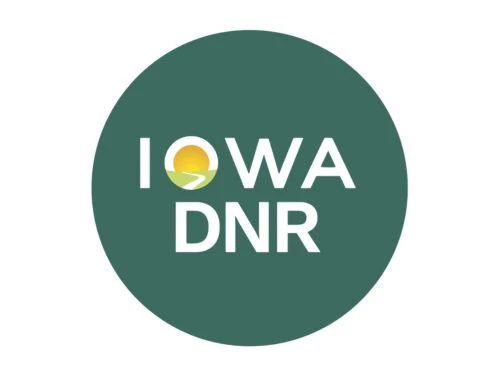Chronic Wasting Disease Ambassadors is a collaborative education program between the Iowa Department of Natural Resources (DNR) and Iowa State University (ISU) Extension and Outreach that seeks to help Iowans address the challenge of chronic wasting disease.
The goal of the program is to develop a small, connected, and well-educated network of local leaders to effectively communicate about the management and mitigation of chronic wasting disease. Registration is open for courses in Waterloo and Marshalltown in September.
In Waterloo, the course will be offered over three nights at the Black Hawk County Extension office, 3420 University Ave. # B, in Waterloo, on Sept. 2, 9 and 16, from 6-8 p.m. Dinner is included.
In Marshalltown, the course will be offered over three nights at the Marshall County Extension office, 2608 S 2nd St., in Marshalltown, on Sept. 3, 10 and 17, from 6-8 p.m. Dinner is included.
Class size is between 12-25 participants.
Graduates of the three-week training program become “ambassadors” for the science-based management of chronic wasting disease. Ambassadors are knowledgeable in the management, prevention, and testing for the disease and equipped with communication skills and resources to help educate others within their community.
Participants can include hunters and non-hunters, community members, and anyone interested in white-tailed deer conservation and management.
Jordan Koos, of Decorah, is a deer hunter who took the training offered in Waukon in November 2021.
“It was a well-developed program, and having only a handful number of participants, helped to carry it,” he said. “I learned a lot; didn’t realize the number of counties it was in or the number of positives. I would recommend it.”
The course is taught through in-person instructions, demonstration, and networking, and in short online lessons between class sessions that allow ambassadors to learn at their own pace. It covers everything from the basics of chronic wasting disease ecology to the science of science communication. The program comprises about eight hours of learning and networking with ISU and DNR educators and other concerned community members.
